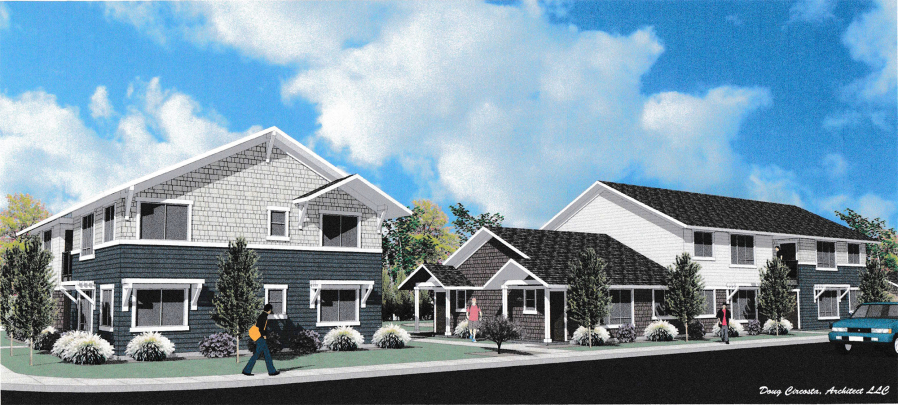The city of Vancouver is in the midst of trying to ease its affordable housing crisis. Six local nonprofits and the local housing authority want to be part of the solution.
Earlier this week, the city received 10 applications for projects aimed at easing the crisis. The proposals range from rehabilitating existing apartments to building a new 78-unit apartment complex. The proposed projects total about $5.8 million, well over the $3.7 million the city has to dedicate toward building, preserving and acquiring affordable homes.
“I’m very pleased with the response, having applications that exceed the available funds is a consistent indication of the need of the community,” Vancouver City Manager Eric Holmes said, adding that having such a wide range of projects is a positive start for the first year of the program.
The city has been struggling with low vacancy rates and not enough shelters for the homeless population.





